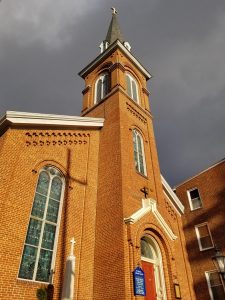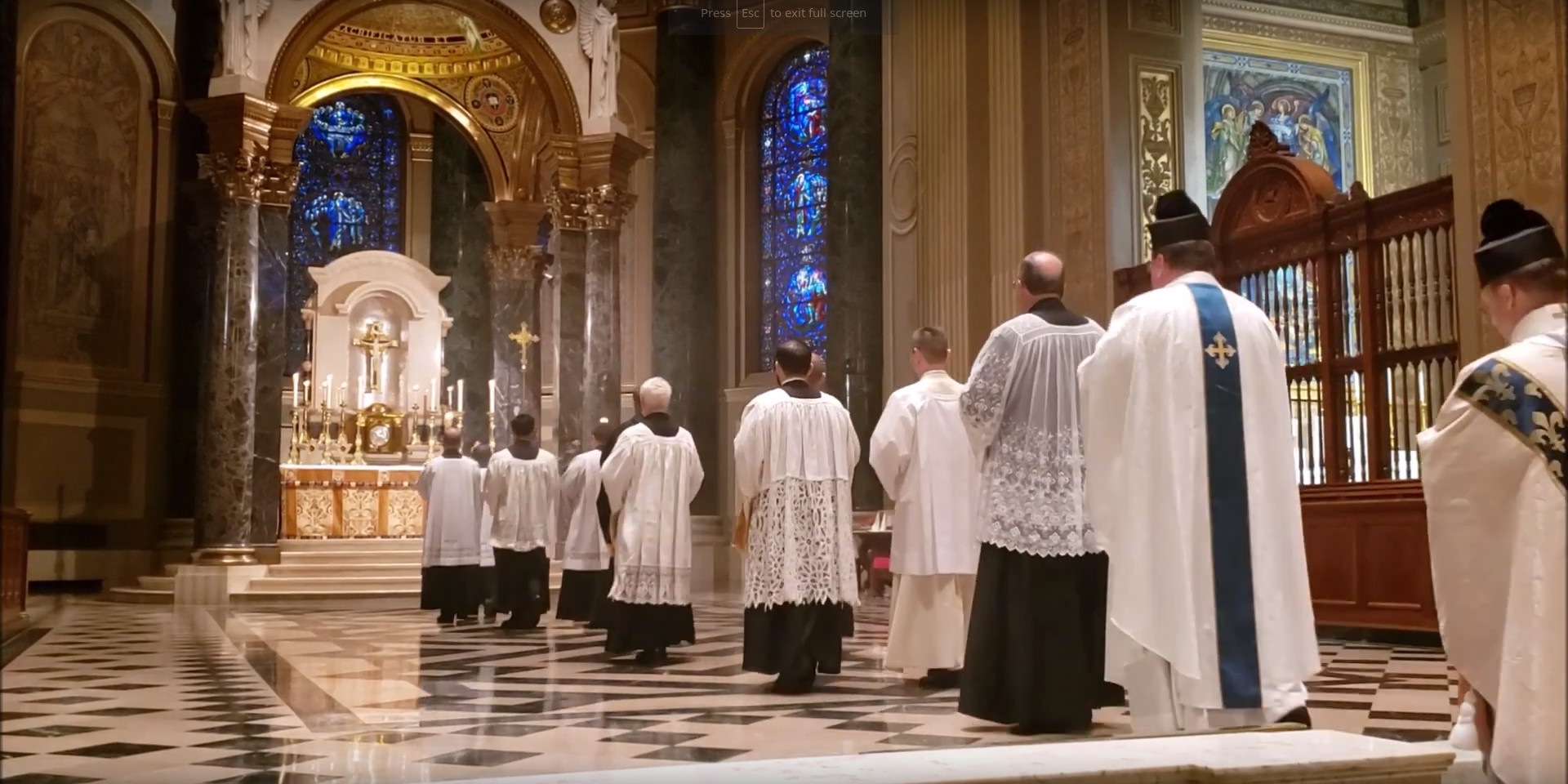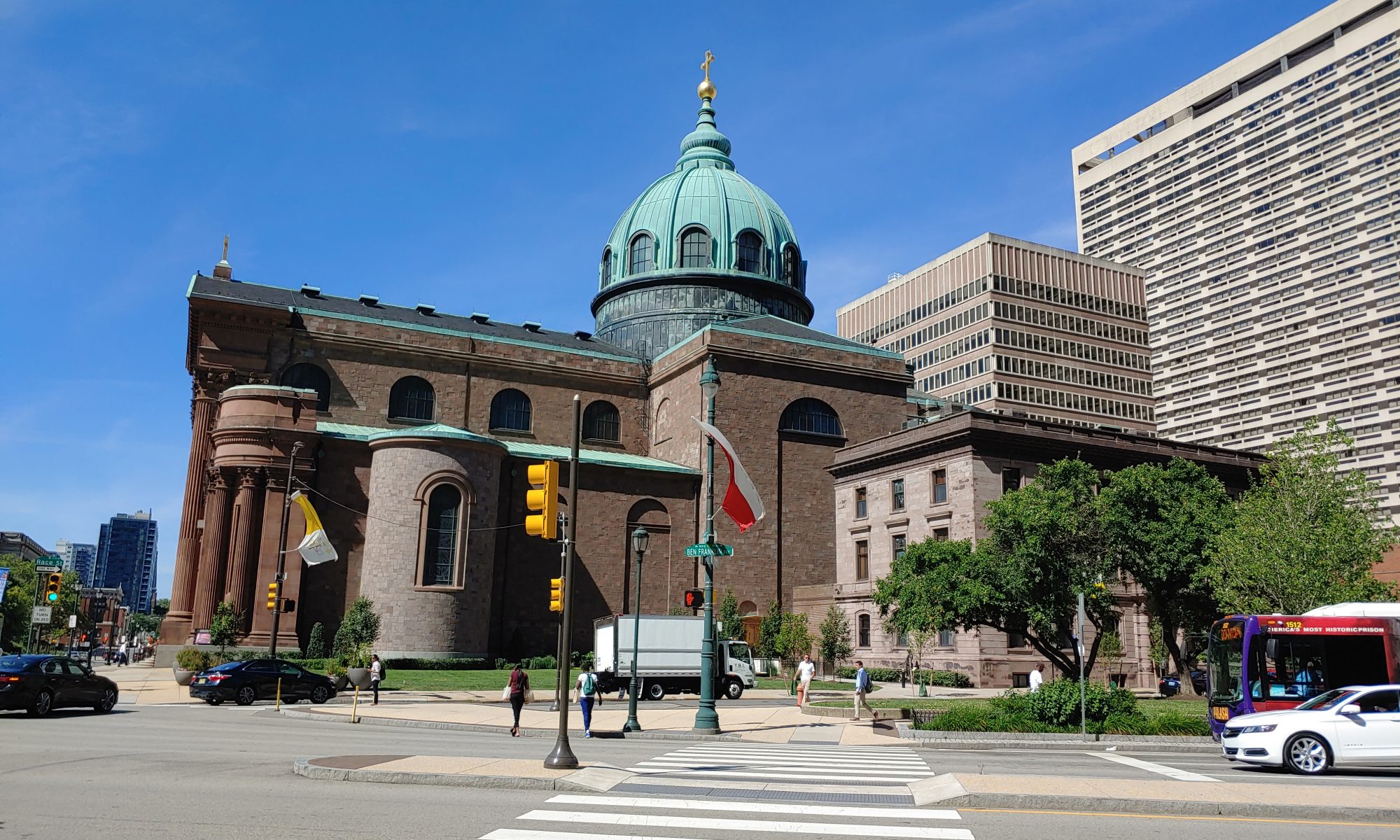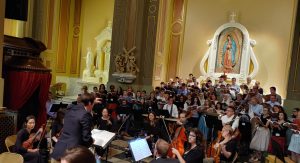On Wednesday, July 3, liturgical scholar Dom Alcuin Reid, prior of the Monastère Saint-Benoît in the diocese of Fréjus-Toulon, France, gave the second plenary lecture at CMAA’s Sacred Music Colloquium, at the Cathedral of Saints Peter and Paul in Philadelphia. His talk on authority in liturgy recalls the teaching of Pope Pius XII in Mediator Dei that
“Liturgy is a constitutive element of the holy and living Tradition.” The liturgy, the liturgical rites themselves, are an intrinsic part of the handing on of the faith received from the apostles. They are not mere decoration or ornament. The rites and prayers that have developed in the life of the Church are sacred vessels which bring apostolic tradition to us. Thus they are privileged sacramentals worthy of profound respect.
That is why Catholic liturgy is sacred. That is why Catholic liturgy is not that which any individual or group ‘likes’ to do, but is what we do ecclesially, in accordance with what is handed on to us in tradition. That is why the Sacred Liturgy enjoys a theological objectivity and cannot be altered without the greatest of prudence and due proportionality.
Against a subjectivism that would make the liturgy depend on “whatever the priest wants” or whatever this or that particular pope wants, according to personal opinions, Reid proposes principles of “liturgical integrity”. A text of his lecture appears in Catholic World Report.






